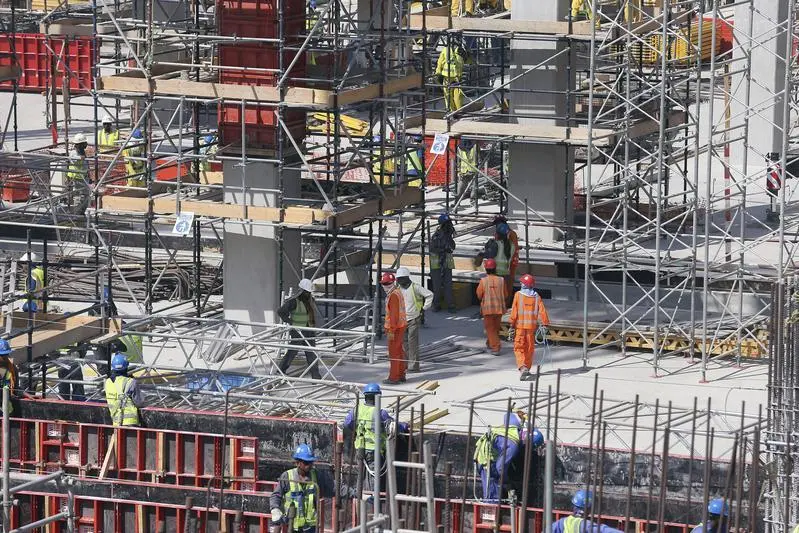PHOTO
Thursday, Sep 10, 2015
Abu Dhabi: Though analysts described the latest law regulating Abu Dhabi’s real estate sector as a step in the right direction, many said that more still needs to be done in order raise the capital’s competitiveness and put it on par with Dubai.
In June 2015, President His Highness Shaikh Khalifa Bin Zayed Al Nahyan, in his capacity as Ruler of Abu Dhabi, issued a law regulating the real estate sector.
The law, which was published in the official gazette issued on June 30, comprises 90 articles, and was released by the General Secretariat of the Executive Council in Abu Dhabi. It will take effect six months after the date of publication on January 1, 2016.
Craig Plumb, head of research for the Middle East and North Africa region at JLL, said that it was encouraging to see a new law come into effect soon as there had been many laws under drafting lately.
“What they announced back in June doesn’t cover everything that needs to be done, so it’s a step in the right direction, but it’s certainly not the end of the process. Among the things that need to be done [are] there needs to be new laws around the registration of land titles, laws on Escrow accounts for developers, and more market information on transactions, [among others],” he said.
Plumb added that Dubai was ahead of Abu Dhabi in regards to real estate law, but the new law for Abu Dhabi was a step to boost the capital. “Abu Dhabi used to have rent control, which they took off about two years ago with the announcement that they would bring it back in. They haven’t yet brought it in, so that’s something that definitely needs to happen,” he said.
The law specifies that the Department of Municipal Affairs will be entrusted with regulating and developing Abu Dhabi’s real estate sector, along with setting up a real estate development register that includes data related to development projects.
Matthew Green, head of research and consultancy at CBRE, a commercial real estate agency, said he expected to see more investments flow into Abu Dhabi as a result of the law. “When you look at how the markets have evolved, Dubai has been proactive since the last downturn in terms of improving real estate regulations, and making it a better environment to invest … Abu Dhabi seems to be following suit and trying to improve the regulatory environment, and that’s what it’s all about,” he said.
Despite the law, the performance of the real estate sector in 2016 may still be reliant on oil prices and how the oil sector adjusts to it, Green said.
Abu Dhabi-based developers such as Aldar Properties, and Bloom Properties had earlier said that the law will provide more transparency in the sector, which will help boost investors’ confidence. Aldar said in June that it expected the law to increase demand for property in the emirate.
Similarly, Sameh Muhtadi, Bloom’s chief executive officer, told Gulf News earlier, “Clarity was awaited on the direction the decree is taking. Now that we have it, we think it’s going to give tremendous confidence in the market and it’s going to help developers progress with their launches.”
By Sarah Diaa Staff Reporter
Gulf News 2015. All rights reserved.





















